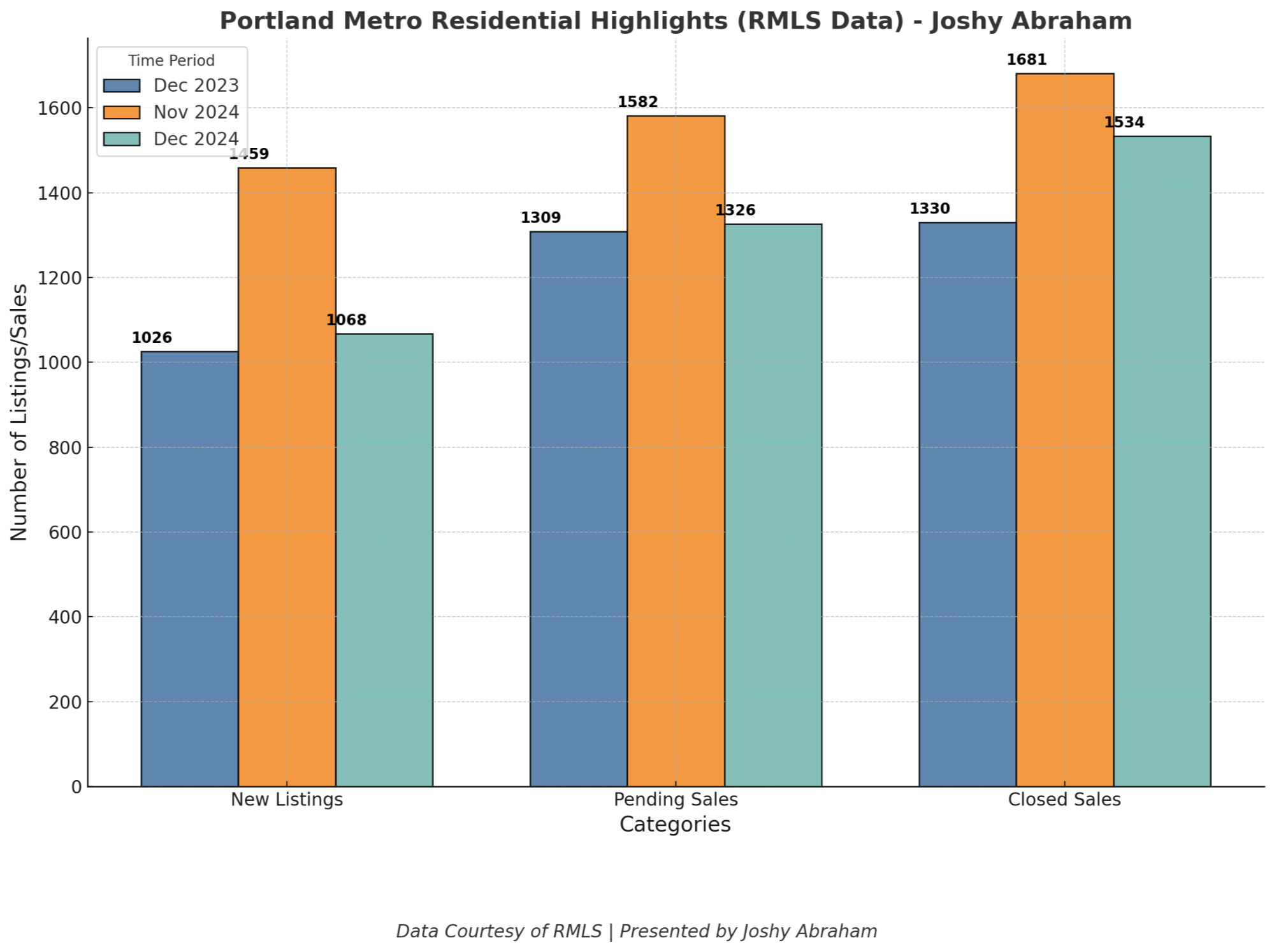The Shocking Truth About Home Appraisals!
Home appraisals are a critical step in the home buying and selling process, yet they remain one of the most misunderstood aspects of real estate. An appraisal can make or break a deal, influence your mortgage, and even affect your financial future. Here’s the shocking truth about home appraisals that every buyer and seller needs to know.
1. Appraisals Aren’t Always Accurate
While appraisers strive for accuracy, the reality is that appraisals are subjective to some extent. Different appraisers might assign different values to the same property based on their experience, perspective, and interpretation of the market. Factors such as recent sales data, the condition of the property, and neighborhood trends can all influence the appraised value.
What This Means for You:
It’s crucial to understand that an appraisal is an opinion of value, not an exact science. If you disagree with an appraisal, you can request a reconsideration of value, providing additional data or recent comparable sales to support your case.
2. The Appraiser’s Role and Qualifications Vary
Not all appraisers have the same level of experience or expertise. While they are required to be licensed or certified and follow strict guidelines, their knowledge of the local market and specific property types can vary. An appraiser who is unfamiliar with a particular neighborhood or property type may produce a less accurate appraisal.
What This Means for You:
Ask your lender about the qualifications of the appraiser and ensure they have experience in your specific market. If you have concerns, you can request a different appraiser, although this isn’t always guaranteed.
3. Market Conditions Can Skew Appraisals
Real estate markets are constantly changing, and appraisals are based on recent sales data. In a rapidly appreciating or declining market, past sales might not accurately reflect current market conditions. This can result in appraisals that are either too high or too low.
What This Means for You:
Keep an eye on current market trends and communicate any relevant information to your appraiser. If you’re a seller, highlighting recent improvements or unique features of your home can also help the appraiser understand its value.
4. Appraisals Affect Mortgage Approvals
Lenders rely on appraisals to determine the maximum loan amount they’re willing to offer. If the appraisal comes in lower than the purchase price, you might have to renegotiate the price, increase your down payment, or risk losing the deal. This can be a major hurdle for both buyers and sellers.
What This Means for You:
Be prepared for the possibility of a low appraisal. Have a backup plan in place, such as additional funds or the willingness to negotiate. Discuss potential scenarios with your real estate agent and lender to be ready for any outcome.
5. The Impact of Appraisal Gaps
An appraisal gap occurs when the appraised value is lower than the agreed-upon purchase price. This gap can create financial challenges, as lenders typically won’t cover the difference. Buyers may need to bring extra cash to the table, or sellers might have to lower their price.
What This Means for You:
Understand the implications of an appraisal gap and consider including an appraisal contingency in your purchase offer. This contingency allows you to renegotiate or back out of the deal if the appraisal is significantly lower than expected.
Home appraisals play a pivotal role in real estate transactions, yet their nuances are often overlooked. By understanding the subjective nature of appraisals, the importance of appraiser qualifications, the influence of market conditions, and the potential for appraisal gaps, you can navigate this process more effectively. Stay informed, communicate openly with your real estate agent and lender, and be prepared to address any challenges that arise.
Disclaimer
The information provided in this blog is for general informational purposes only and does not constitute legal, financial, or real estate advice. Market conditions, individual circumstances, and regulatory requirements can vary, and the content may not address all possible situations or considerations. Readers are encouraged to consult with licensed real estate professionals, financial advisors, and legal experts before making any real estate decisions. The author and publisher disclaim any liability for any actions taken based on the content of this article. Always conduct your own research and due diligence regarding home appraisals and related processes.
Categories
Recent Posts










